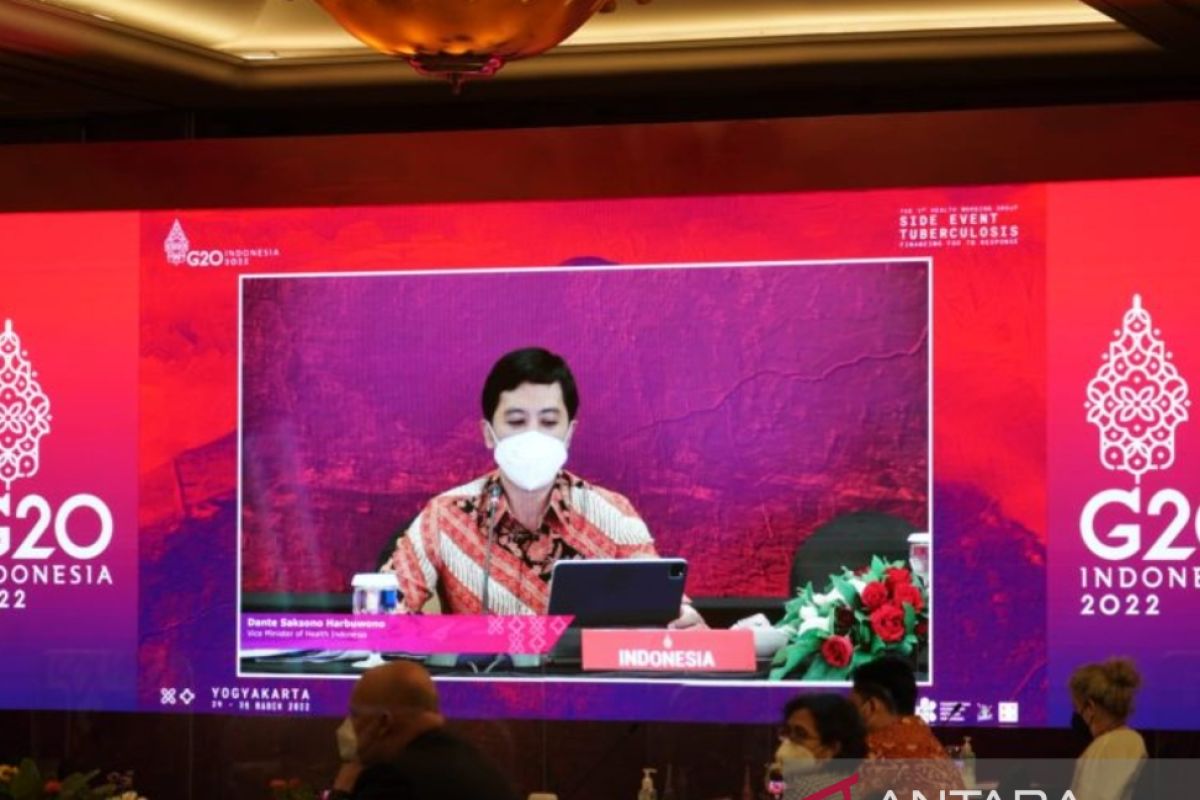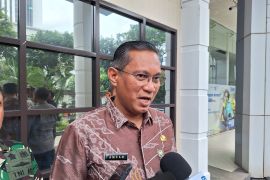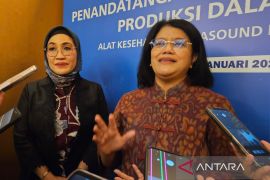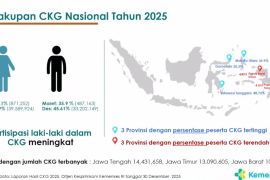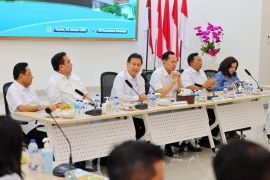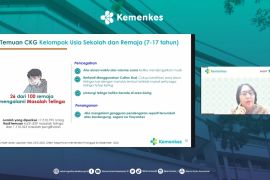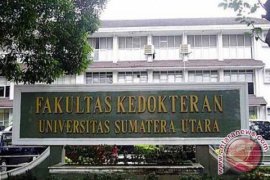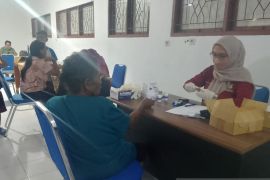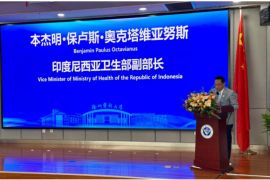"We have agreed to invest as much as US$20 billion (Rp278 trillion) per year for the 2023-2030 period. The investment will be used for the development of vaccines, medicines, and research related to TB," Harbuwono noted in a written statement received here, Friday.
He revealed that the funding was four folds higher than the earlier allocation and had been agreed upon at the G20 Side Event on TB meeting in Yogyakarta.
In 2020, investment in TB control had reached around US$5.3 billion, or equivalent to Rp186 trillion per year.
In the same year, the amount of funds for TB research and development needs totaled around US$915 million, or equivalent to more than Rp13.6 trillion.
Harbuwono pointed to a decline in financing for the TB program for the first time due to a shift in budget support to deal with the COVID-19 pandemic to US$5.3 billion, down 8.7 percent in 2019 and 2020.
If the funding problem is not addressed immediately, it is estimated that over 31 million lives will be lost every year and cause global economic losses of US$18.5 trillion during the 2020-2050 period, he remarked.
The deputy minister remarked that the G20 side event on TB was not only a form of support for the first Health Working Group event but also a means for stakeholders to prioritize TB treatment and ensure that TB financing was adequate, predictable, and sustainable to achieve the target of eliminating the disease by 2030.
Moreover, Indonesia, as the chair of the G20 Presidency, is also striving to strengthen multilateral support in handling TB, especially in the type of drug resistance that could threaten global health security, to be controlled by each country.
He also encourages the role of countries to share good practices in preventing and controlling TB in their countries, especially nations with the highest number of active TB cases in Indonesia.
As a country with the third-largest number of TB patients in the world, Indonesia conveyed its commitment to accelerating TB control through cross-sectoral and cross-role cooperation, implementing TB handling rules, finding active TB cases in the community, and carrying out various health service innovations and strengthening health facilities.
“We are trying to eliminate TB this year. We are targeting a figure of 95 percent in 2024, while for this year, we have reached 49 percent, so the efforts we make must be doubled from now," Harbuwono emphasized.
He is optimistic that the TB elimination target by 2030 would be achieved through innovative, creative, and collaborative efforts from all stakeholders at the national, bilateral, and multilateral levels.
"We are very optimistic of eradicating TB through cross-sector collaboration together. We believe we can achieve the target in 2030," he concluded.
Related news: TB eradication program should move forward despite COVID-19 pandemic
Related news: Ministry expands mobile X-ray service to cut TB transmission
Related news: Minister presses for smarter investment among measures to handle TB
Translator: Andi Firdaus, Resinta S
Editor: Sri Haryati
Copyright © ANTARA 2022
